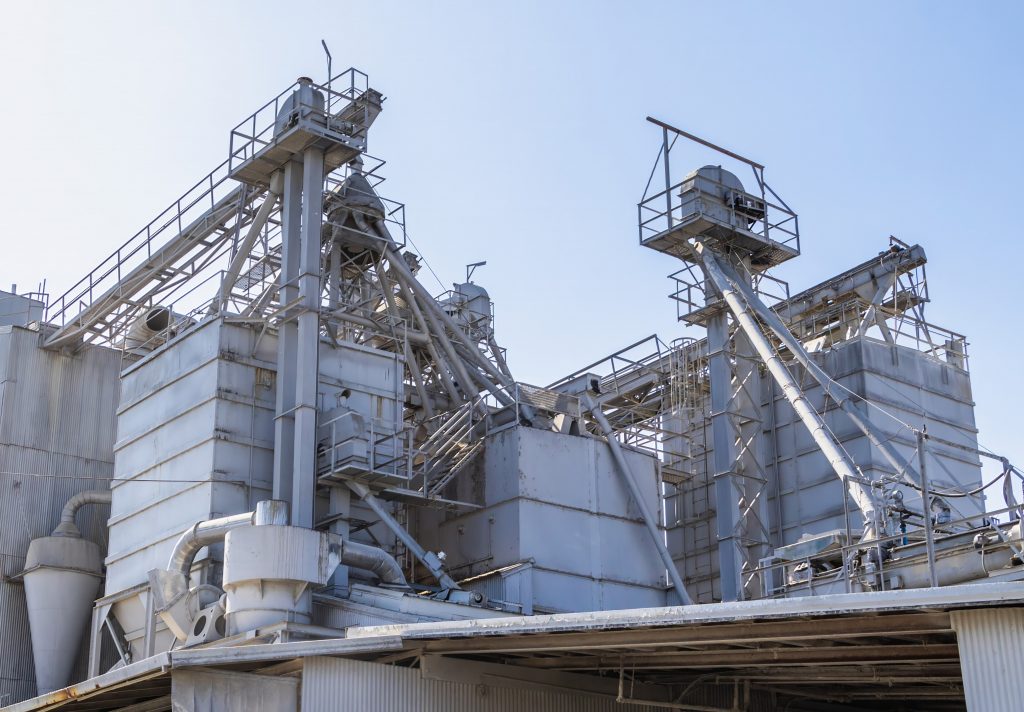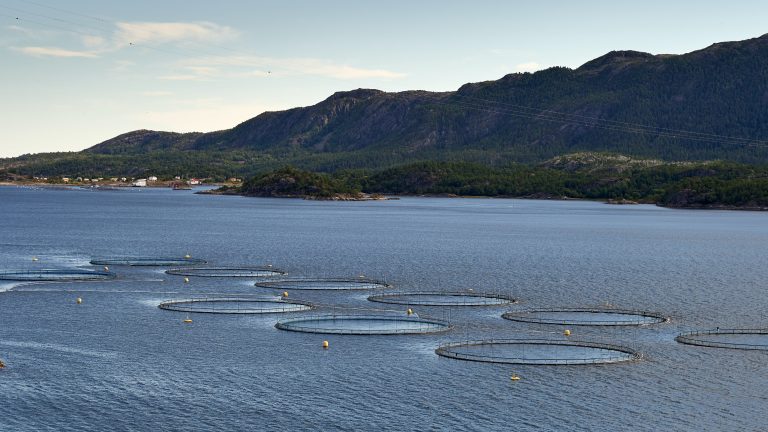Don't miss our holiday offer - 20% OFF!

Read also : Advanced Weather Sensors in Flood Monitoring: How This Technology Helps Predict and Address Flood Threats
In our rapidly evolving world, fuel quality sensors have become a critical element in efficient fuel monitoring and management. In this era, the latest fuel quality sensor technology has introduced sophisticated solutions to ensure reliability and quality within tanks. This article will delve into how this cutting-edge technology operates and the significant benefits it offers in optimizing operations while maintaining safety in the realm of fuel tanks.
Contents
How Advanced Fuel Quality Sensor Technology Works
The latest sensor systems harness high-end technology to provide in-depth insights into fuel quality. Key aspects of how this technology operates include:
Multisensor Detection Technology

Read also : Advanced Weather Sensors in Flood Monitoring: How This Technology Helps Predict and Address Flood Threats
The latest sensors adopt a multisensor approach, combining various sensor types to measure multiple fuel parameters simultaneously. This includes measuring water content, chemical quality, temperature, and much more.
Real-Time Data Analysis

Read also : Optimizing Energy and Resource Usage in the Office Environment with Smart Technology
This technology excels in collecting, analyzing, and presenting real-time data, enabling users to monitor fuel quality directly and respond quickly to any changes.
IoT Connectivity

Read also : Comfort and Security with Smart Living Technology
Modern fuel quality sensor technology often connects to the Internet of Things (IoT) network, facilitating data transmission to the cloud for further analysis and remote monitoring.
Benefits of Advanced Fuel Quality Sensor Technology
The utilization of the latest fuel quality sensors technology brings several significant benefits, including:
Efficiency Optimization

Read also : Humidity Sensors for Building Efficiency and Air Quality
With a better understanding of fuel quality, equipment and vehicles can be operated more efficiently, resulting in fuel savings.
Proactive Monitoring

Read also : Utilizing IoT in Flood Monitoring and Early Warning Systems
This technology allows for proactive fuel monitoring, preventing issues and damage caused by poor-quality fuel.
Operational Safety

Read also : Environmentally Friendly Hospitals: Optimizing Energy Management with IoT
Maintaining fuel reliability and quality contributes to operational safety by avoiding unwanted disruptions and potential risks.
Conclusion
Cutting-edge fuel quality sensor technology represents a significant leap forward in fuel monitoring and management. By combining multisensor capabilities, real-time data analysis, and IoT connectivity, this technology offers advanced solutions to ensure fuel reliability and quality within tanks. The benefits it provides include efficiency optimization, proactive monitoring, and improved operational safety. Thus, this technology delivers economic and environmental benefits.





